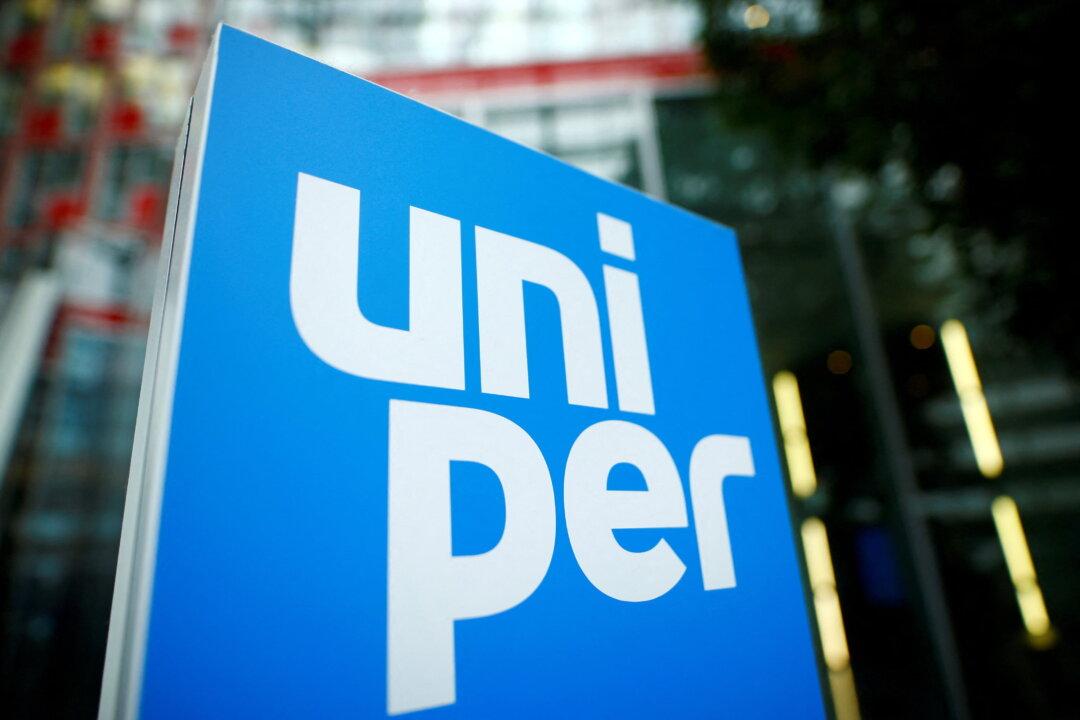FRANKFURT/DUESSELDORF—Uniper, the highest-profile corporate victim of Europe’s energy crisis so far, reported a 12.3 billion euro loss ($12.5 billion) due to Russian gas supply cuts, saying it had become a “pawn” in the energy standoff between the European Union and Moscow.
Germany’s largest importer of Russian gas needed a 15 billion euro government bailout last month after Russia drastically cut flows, forcing Uniper to buy gas elsewhere at much higher prices.





